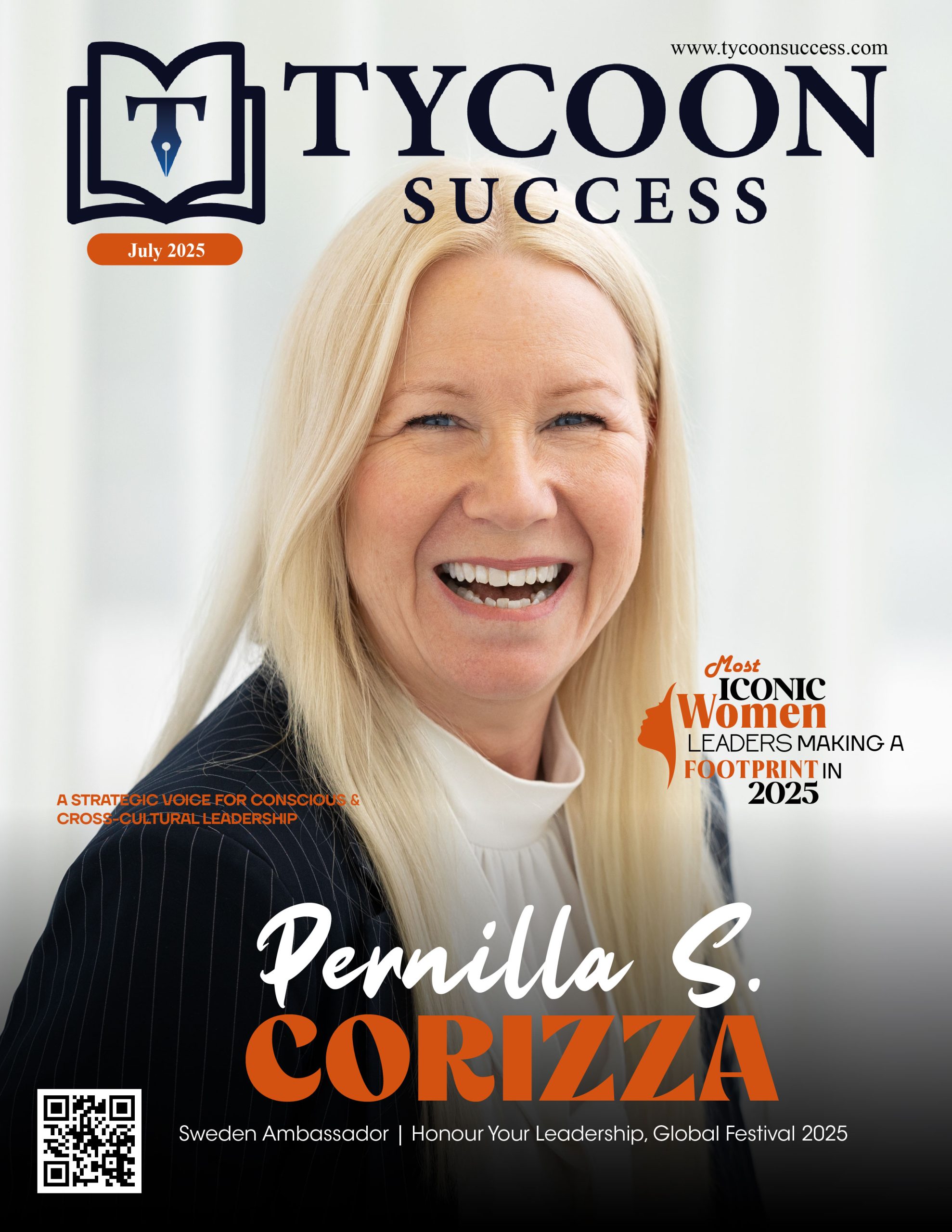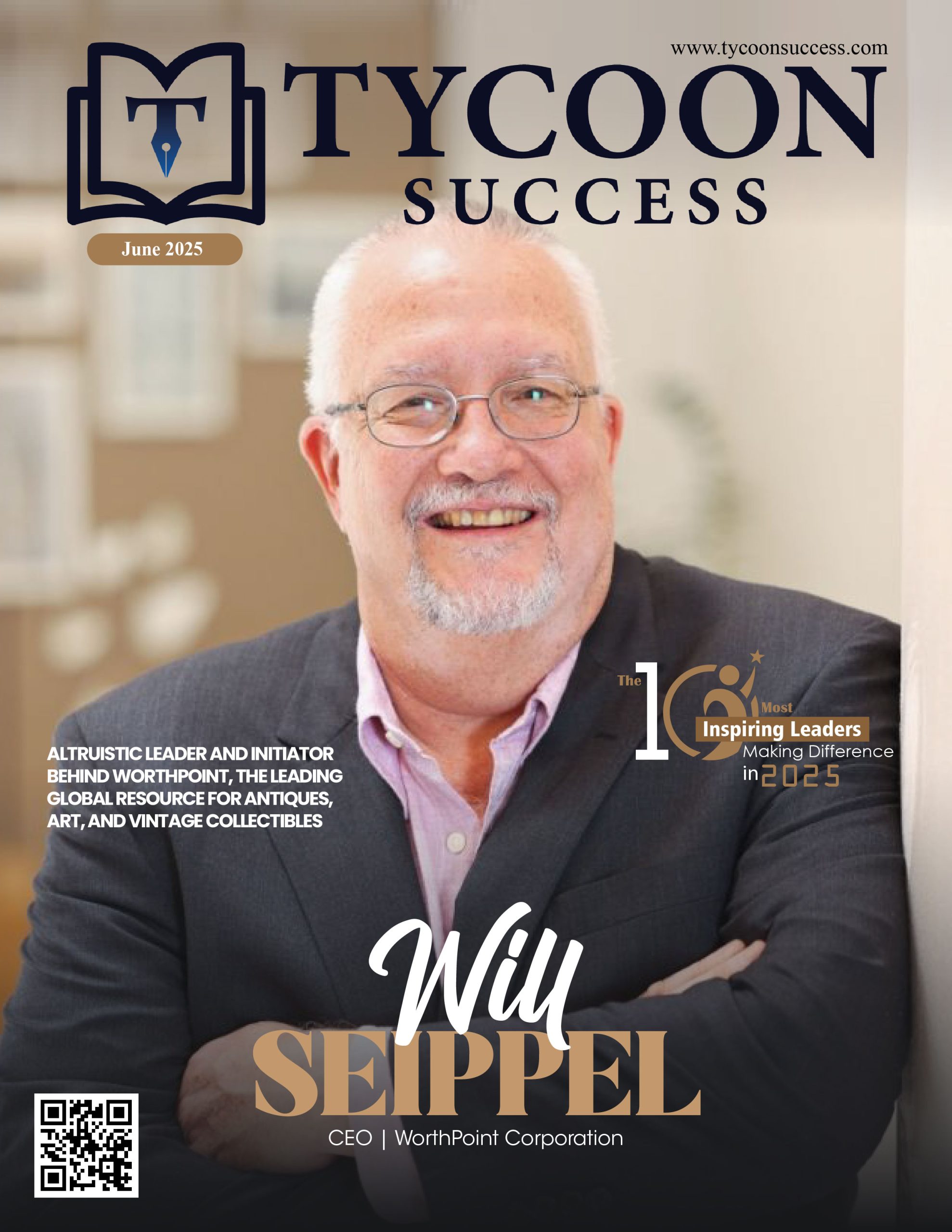With a vision to provide financial market professionals with data-driven tools to optimize their trading operations, Mosaic Smart Data was founded in 2014 by its CEO, Matthew Hodgson. The organization’s technology enables participants to harness their market and transaction data and see in real-time what happened, why it happened, and what is likely to happen next.
Before founding Mosaic, Matthew worked extensively in the fixed income markets for multiple prestigious global financial institutions. He saw first-hand the potential for trading firms to extract the value from their largely untapped transaction data assets. Being able to refine this raw data and distill it into meaningful smart data, where value can be extracted in the form of actionable insights, is a significant challenge that all market participants face. Matthew founded Mosaic Smart Data to enable firms to gain a significant competitive advantage through a better understanding of their transaction data.
Dependable Platform for Clients
By leveraging the latest AI and machine learning capabilities, Mosaic Smart Data technology enriches and personalizes the analytic insights its users receive. The company delivers this in real-time through the MSX® platform and its best-in-class smart data analytics platform MSX360®. Imagine having the world’s best digital quant sitting beside you guiding you to opportunity and action – this is precisely what Mosaic delivers.
A Transformative Industry
Matthew has always believed AI would be transformative in the financial services space because of its ability to deliver the kind of hyper-personalization usually only offered by consumer technology platforms. Today, the idea of walking into a video shop and trawling through shelves feels completely antiquated – everyone is used to a service like Netflix doing the legwork for them and suggesting options they will want to watch from a database of thousands.
Similarly, MSX360 allows Mosaic’s clients to see patterns of client behavior which could be seasonal, monthly, or weekly. This allows a bank to predict the best time of day for a trade and the most suitable instrument to use. The model learns from individual users’ activities and interests over time to constantly improve recommendations. This means banks become more efficient because they can target the right resources to the right opportunity and the right time.
The Shift to Digital Working
Matthew believes, during the era of Covid-19 and the subsequent shift towards a digital working environment, banks have to be smarter than ever when it comes to gaining a comprehensive view of their data and extracting value from it. Matthew says, “While people are speculating that the end of the ‘new normal’ might be on the horizon, the impact it has on the way we work and where we work is undoubtedly set to remain, with efficiency being the key. AI can deliver a huge range of efficiency benefits.”
According to Matthew, during the stressed market conditions of the past two years, the ability to wring every actionable insight from data is becoming vital to a firm’s survival and success. AI-powered data analytics is a perfect solution for this challenge.
Awards and Accolades
Mosaic Smart Data’s biggest accolade is its client base, which includes the biggest financial institutions across the world – including the US, Europe, Asia, South America, and South Africa. The organization has won several prestigious industry accolades, including the Banking Tech Awards, the FS Tech Awards, the InvestHK UK Fintech Awards, and being named Fintech Company of the Year by City AM.
The Changing Demographics of the Industry
Matthew believes forward-thinking banks of all sizes are now starting to deploy AI to enable predictive and prescriptive analytics, as well as connecting systems to prompt them as to the next best action for their clients. By absorbing information that might otherwise be missed, AI delivers the analysis to drive new sales engagement with clients and by delivering those insights at the optimum time.
According to a recent survey, 75% of banks with more than $100 billion in assets are currently implementing AI strategies, and investment and adoption at scale are expected to increase significantly over the coming years. This comes as no surprise when you consider it has been estimated by McKinsey that AI can potentially unlock $1 trillion of incremental value for banks. These tools can be thought of like a GPS for the sales desk – those banks without it will struggle to compete against more forward-leaning firms who are empowering their employees with the most advanced digital tools.
Matthew thinks, banks that fail to make AI central to their core strategy and operations—often referred to as becoming “AI-first”—will risk being overtaken by competition and deserted by their customers in the coming years.
The current operating environment is both uncertain and challenging for investment banks, but a carefully planned program that builds on cutting-edge data analytics and AI technology holds the key to driving growth and delivering the modern, information-driven trading experience that clients demand.
Matthew also says, “After all, it’s typically during periods of stress where relationships are forged. As a bank, if you’re able to guide a client through the fog of confusion, you will likely have a relationship for life – and AI and machine learning can assist in facilitating this.”







